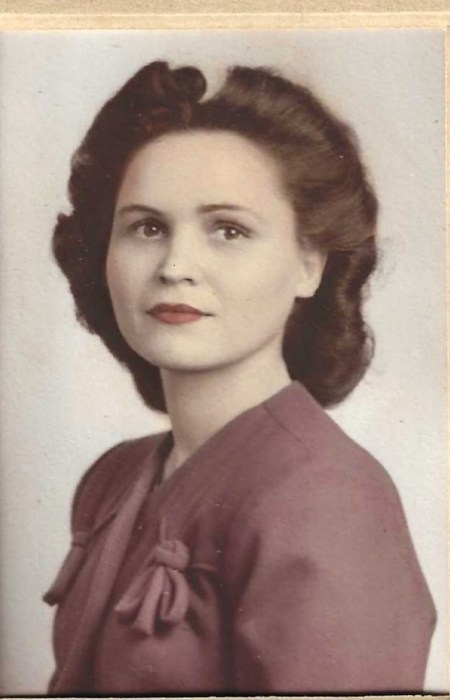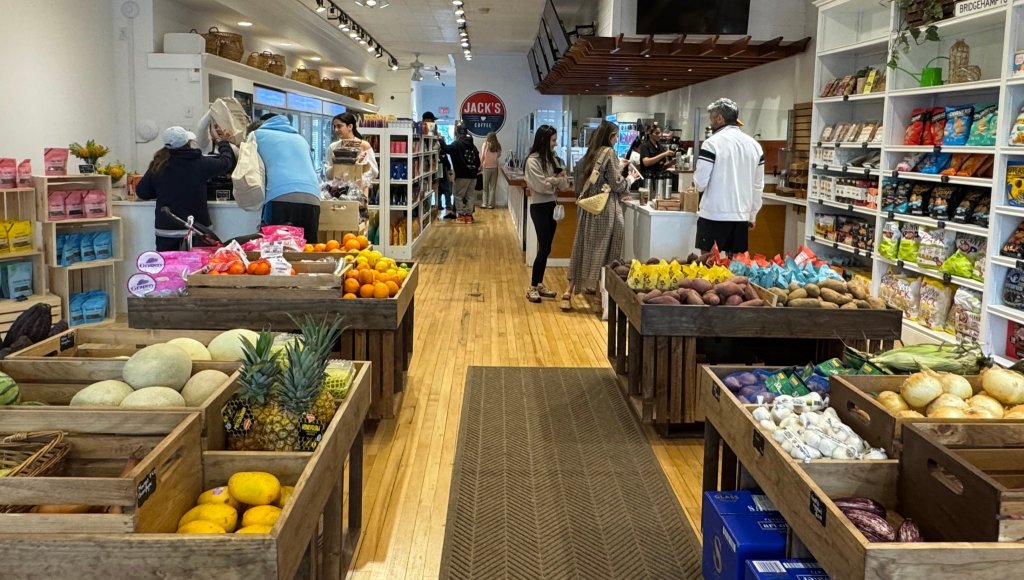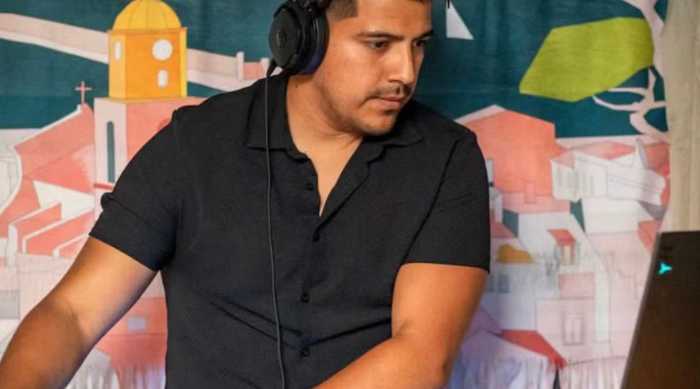A Century of Grace: The Remarkable Life of Dorothy DeCicco at 107

Dorothy DeCicco of East Quogue recently celebrated a milestone few ever reach — her 107th birthday. Each passing year is a testament to her extraordinary journey through life. A joyful celebration was held at the Westhampton Care Center, where Dorothy has resided for the past three years. Surrounded by attentive caregivers and the loving presence of her children, Dorothy Labowski and Thomas, her days remain filled with purpose and connection.
Her longevity continues to inspire everyone she meets — residents, visitors, and staff alike. Inevitably, the question arises: What’s her secret? Perhaps it’s strong faith, a little luck, or good genes. But to truly understand, we have to go back to the beginning — to a life rooted in resilience, community, and love.
Dorothy was born in 1918 in Hamakuapoka, Maui. The gentle Hawaiian climate, paired with a family legacy of longevity, shaped her early years. Unlike many immigrant families who struggled in crowded tenements, drought-stricken Midwestern towns, or the segregated South, Dorothy grew up on a Hawaiian sugar plantation — a world entirely its own.
Her mother, Daria, was born in St. Petersburg, Russia, and as a young girl was somehow relocated to Siberia. There, winters were so brutal that villagers often slept on oven tops for warmth. Snow piled so high that only the tops of chimneys remained visible. One day, a steamship headed to China — carrying Chinese laborers bound for Hawaii — stopped to take on a few Russian families. That’s how Daria arrived at what was then the little-known paradise of Hawaii.
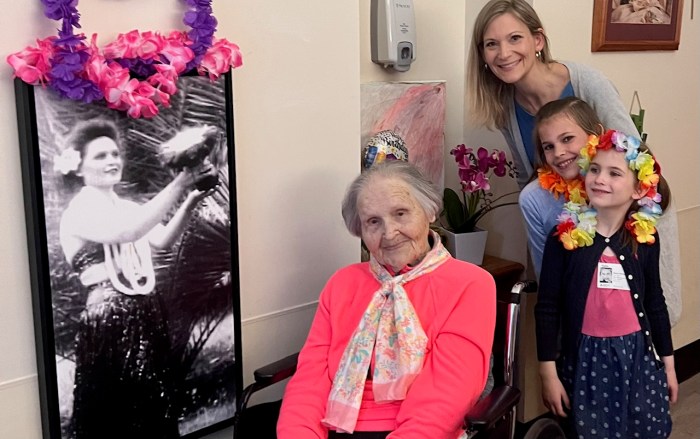
Life in Hawaii wasn’t easy. Daria raised eight children, tended to animals, maintained a garden, and sewed clothes for the entire family using a tiny Singer sewing machine. Dorothy’s father, John, was born in Hawaii to Portuguese parents. Hawaii was still a territory then, and Princess Liliʻuokalani was its reigning monarch. John, who had an eighth-grade education and spoke English, worked as a luna (foreman), overseeing sugar cane irrigation — a less grueling job than working directly in the sun. He also supplemented the family’s income with a small taxi business and by selling meat.
Dorothy spent her first 25 years living under a unique system known as Plantation Paternalism. Immigrants from China, Portugal, Japan, Korea, and the Philippines were promised a better life in exchange for hard work. Whistles marked the start and end of long ten-hour workdays. To discourage unionizing, plantation owners intentionally hired workers from diverse ethnic backgrounds, banking on language barriers and cultural differences. Eventually, a shared language — “pidgin English” — developed, and unions were later formed.
Despite strict rules, plantation life provided for nearly all basic needs — housing, food, education, recreation, and medical care. Dorothy’s first job was at age eleven, working summers in a pineapple cannery. Tall for her age, she pretended to be older to work alongside her sister. Later, she cleaned and cooked for single teachers after school and graduated from Lahainaluna High School. Her younger siblings later attended the University of Hawaii. Education was deeply valued.
Then came December 7, 1941. The attack on Pearl Harbor changed everything. Hawaii was placed under martial law. Residents faced curfews, rationing, and blackouts. Schools were converted into hospitals, and military checkpoints became commonplace. Dorothy, like many, lived in fear. Half of Maui’s population was Japanese — her neighbors and friends — and though everyone on her plantation knew they weren’t to blame, anxiety ran deep.
The war also brought an influx of American servicemen to Hawaii. USO dances became popular, and one fateful evening, Dorothy met Joe — a handsome Italian-American from Brooklyn. That first dance changed both their lives. Joe was already in a relationship back home, but after dancing with Dorothy, he admitted he never wanted to let her go. Dorothy’s Chinese friend married a Jewish soldier, and one of her sisters dated actor Eli Wallach, who was stationed nearby. Six of her sisters eventually married servicemen and moved to the mainland.

While Joe was deployed to the Philippines, Dorothy lived in San Francisco, working as a Navy typist. When the war ended, she followed her heart — and her husband — to Brooklyn. There, she embraced city life, marveled at the fur coats and glamorous gowns in movie newsreels, and found joy in her new Italian-American family. She worked as a cafeteria manager in Brooklyn’s Bay Ridge Girls High School, known for her unforgettable Italian Christmas Eve feasts — “olive oil, lots of garlic, and plenty of grated cheese” were her secrets.
In 1955, Dorothy began spending summers in Shinnecock Shores, East Quogue. Soon after her husband’s passing in 1974, she retired and moved to Shinnecock full-time, with her adult children settling nearby. With the extended family all living within a mile of each other, Dorothy lovingly helped raise her three granddaughters – First Denise Labowski, now of Forest Hills and then Jackie (Labowski) Renton of Manhasset, and Jessica (DeCicco) Stalters of East Quogue. When the younger cousins left for college, Dorothy was eighty, and the family threw her a luau, believing her best years were behind her.
Little did they know — she was just getting started.
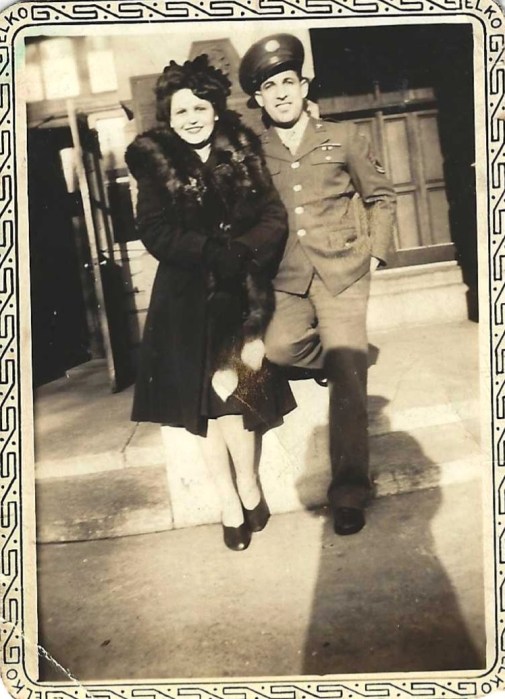
Dorothy began attending the Hampton Bays Senior Center, keeping a promise to her sister. It became her “home away from home” for the next nineteen years. “I’m blaming the Senior Center for my longevity,” she often says with a smile. She drove herself there until the age of 97 — when her car “retired,” so did she. Then she took the shuttle bus until nearly 100.
“The staff there,” she says, “aren’t A+ — they’re 100+.” She praises the kitchen crew as better than the White House, and says the office staff could solve any problem. “After lunch, there’s bingo, cards, movies — even popcorn and soda. You can’t beat that! Good people make the Senior Center a blessing every day.”
Dorothy DeCicco’s life is a powerful tribute to hard work, family, community, and the enduring human spirit. From the sugar fields of Hawaii to Brooklyn brownstones, from the war years to her peaceful home in East Quogue, Dorothy has lived a life rich in meaning and love.
What’s the secret to living to 107?
There’s only one, according to Dorothy: “Surround yourself with good people… and never stop showing up.”
